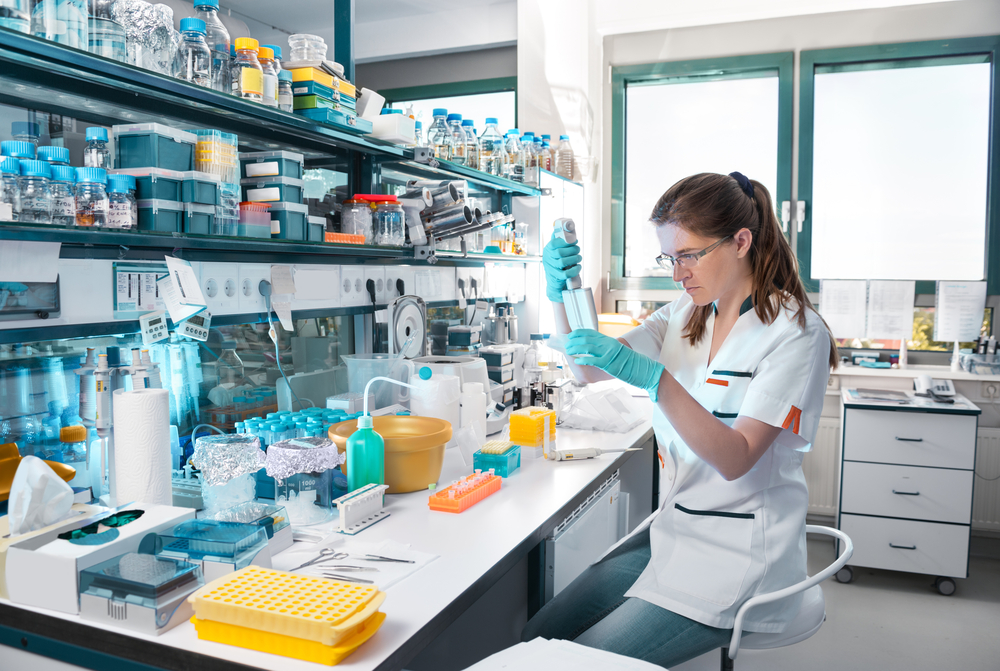University of California researchers have published findings in the journal Cell Chemical Biology that may lead to the development of novel breast cancer treatments that successfully target and eliminate triple-negative breast tumors (TNBT). The study, titled, “GSTP1 Is a Driver of Triple-Negative Breast Cancer Cell Metabolism and Pathogenicity,” identified critical enzymatic targets in cancer metabolism and signaling pathways that promote breast cancer tumor pathogenicity.
The study was led by senior researcher Dr. Daniel K. Nomura, PhD, an associate professor of chemistry and of nutritional sciences and toxicology at UC Berkeley. According to Dr. Nomura and his colleagues, breast cancers possess a fundamentally altered metabolism that drives their pathogenic features, and currently these metabolic pathways remain poorly understood, resulting in poor prognosis for patients with TNBT.
To uncover the pathogenic mechanisms driving this metabolic pathway, researchers used cell lines from a mouse model of TNBT and compared them to non-TNBT cell lines in an effort to detect the presence of critical enzymatic targets of pathogenicity. The team found one metabolically active enzyme glutathione S-transferase Pi 1 (GSTP1) that was specifically expressed in triple-negative breast cancer cells only. This means that GSTP1 could potentially be a new TNBC treatment target that controls cancer pathogenicity resulting in improved prognosis for patients.
In a University press release, Dr. Nomura stated, “We were looking for targets that drive cancer metabolism in triple-negative breast cancer, and we found one that was very specific to this type of cancer. Inhibiting GSTP1 impairs glycolytic metabolism. More broadly, this inhibition starves triple-negative breast cancer cells, preventing them from making the macromolecules they need, including the lipids they need to make membranes and the nucleic acids they need to make DNA. It also prevents these cells from making enough ATP, the molecule that is the basic energy fuel for cells.”
Future confirmatory studies will need to be conducted before clinical trials can begin, but this discovery offers hope that a successful treatment option will be available in the future.

